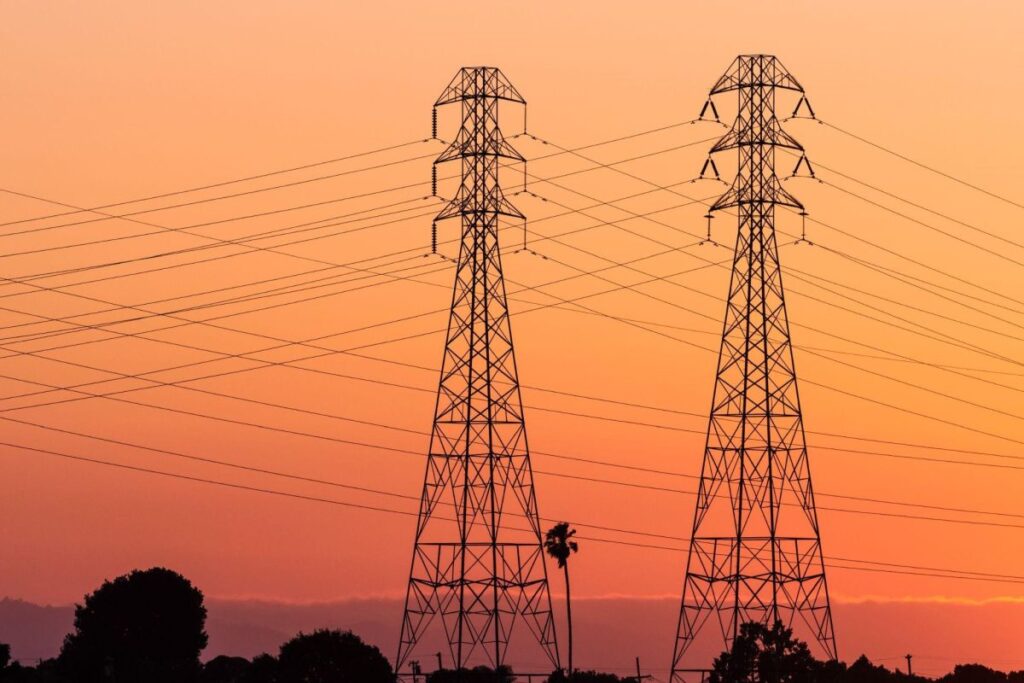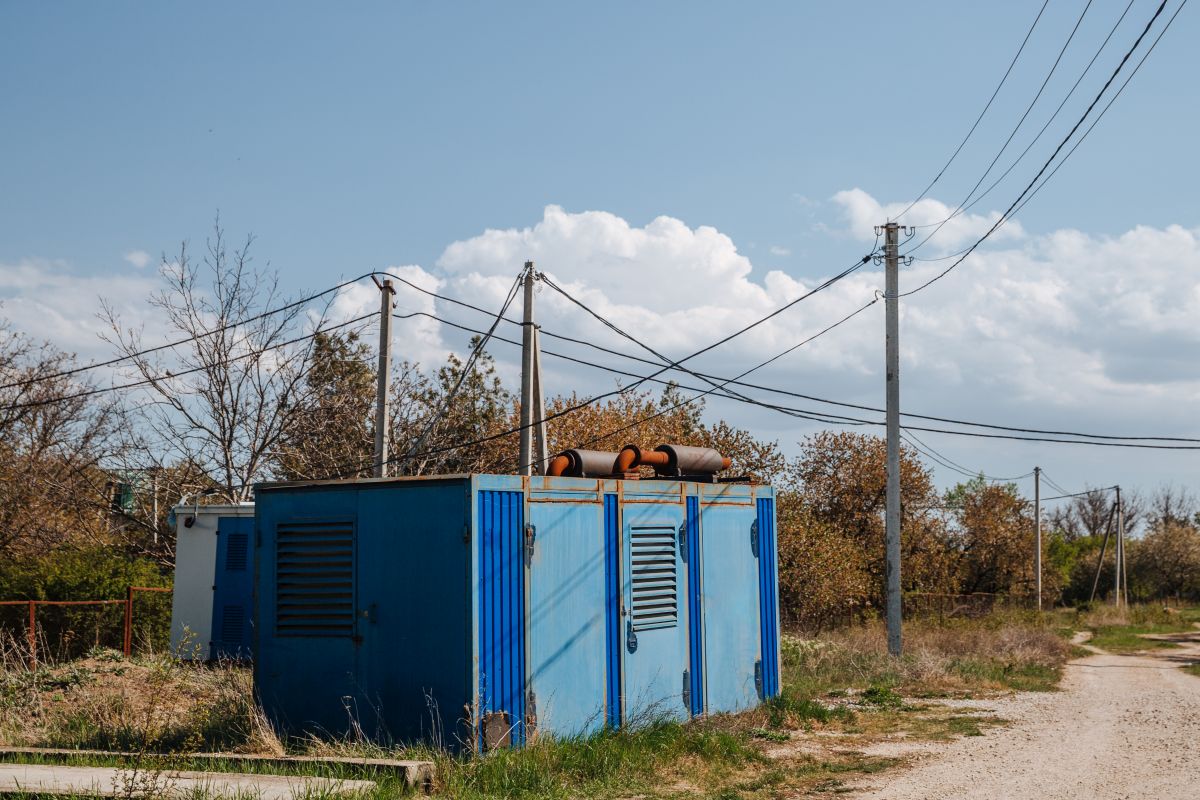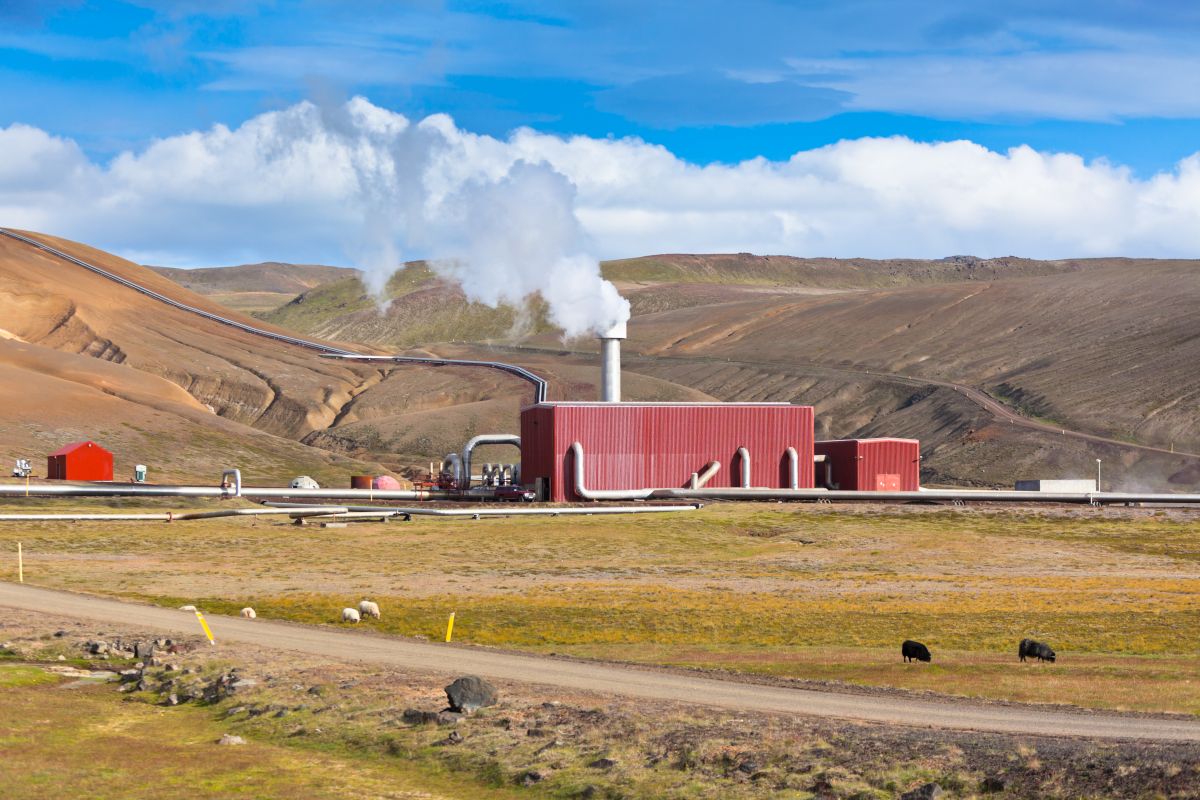WWW.UTILITYDIVE.COM
As electricity demand grows in the Electric Reliability Council of Texas footprint, so will the region’s need for flexible power sources – and by 2035, the grid operator could utilize about 20 GW of battery energy storage, according to new research from Aurora Energy Research.
The report was commissioned by Eolian, a battery developer operating in Texas.
There are about 4 GW of energy storage in the ERCOT region, but that figure could grow to 6.4 GW to 8.4 GW by the end of the year, according to Aurora. While growth in battery resources is nascent – in 2020, Texas had almost no storage capacity – already they are helping to more efficiently manage the grid, the report concluded.
Batteries saved consumers an estimated $683 million in real-time market costs during a two-day January freeze by fulfilling essential ancillary services and “freeing up to 3 GW of gas generation to meet critical energy needs and reduce prices,” Aurora said.
And since then, they have also helped to keep the state’s electric grid stable during extreme heat when thermal generators were offline.
“Our analysis shows batteries have increased reliability and reduced costs for Texans during critical days, such as last January’s winter storm,” Olivier Beaufils, ERCOT market lead at Aurora, said in a statement. “Interestingly, this has not come at the expense of gas-fired generation.”
As battery storage systems have increasingly provided ancillary services in Texas, they have also enabled a roughly equivalent amount of natural gas generation “coming out of back-up services and moving into the energy markets during periods of system stress,” Beaufils said.
In total, Aurora estimates the ERCOT system may need 44 GW of resources with capacity factors lower than 30% by 2035, roughly split between batteries and gas-fired peakers.
Texas regulators have been working to develop rules encouraging battery participation in the state’s wholesale markets. In January, the Public Utility Commission of Texas rejected rules proposed by ERCOT that regulators feared would slow storage installations by requiring batteries to maintain a certain state of charge depending on the ancillary services they are providing.
ERCOT “will need every megawatt of fast, flexible dispatchable generation resources, as soon as possible, to maintain reliability with higher peak electricity demand, more pervasive extreme weather conditions, and the operational challenges presented by increasingly steeper solar ramp downs,” PUCT Commissioner Lori Cobos wrote in a memo.
ERCOT anticipates about 152 GW of new load by 2030, led by artificial intelligence and data centers, industrial electrification, hydrogen production and electric vehicles.












